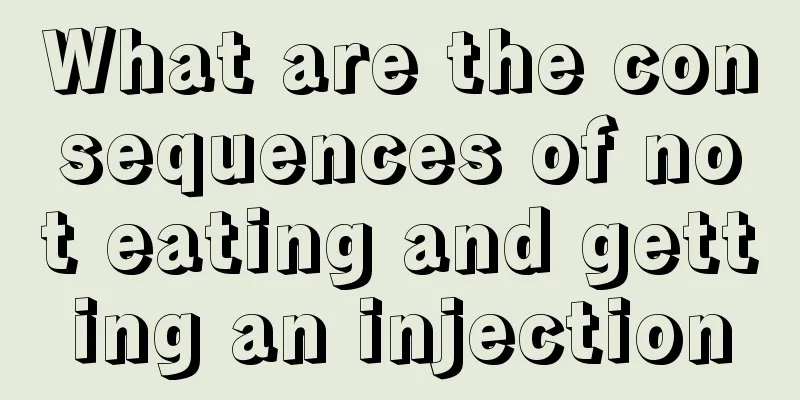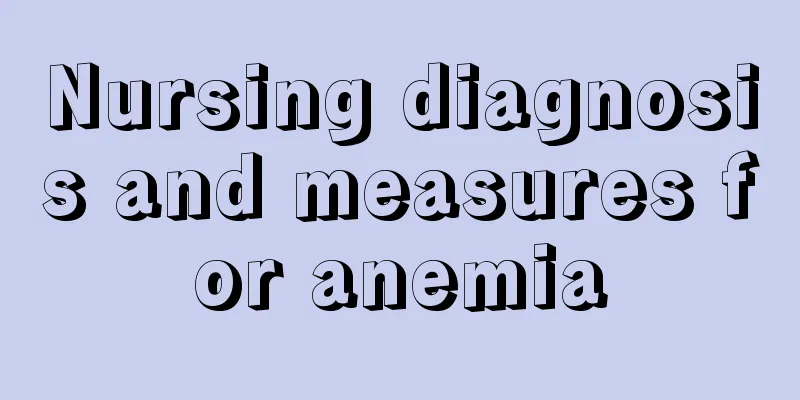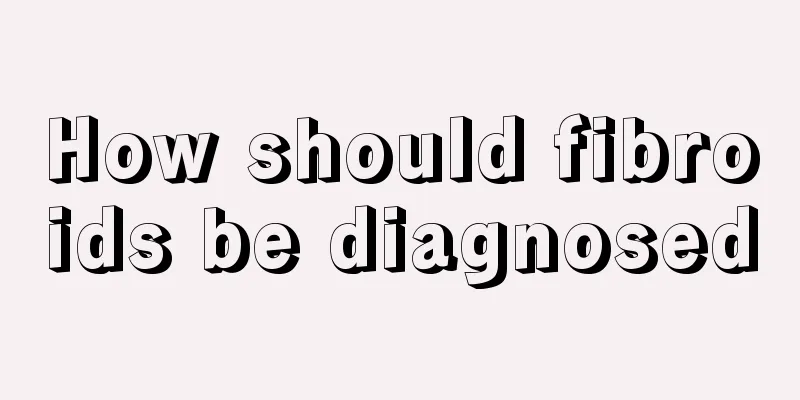What are the consequences of not eating and getting an injection

|
I believe that when many people go to the hospital, the doctor will ask them to get an injection or take medicine after a meal. Because most people have food in their stomachs after eating, it is not easy to cause damage to the stomach if they take medicine or get an injection. So people usually eat before taking medicine or getting an injection. But some people get an injection without eating. What are the consequences? Patients who receive drug infusions on an empty stomach are prone to adverse drug reactions such as dizziness, palpitations, sweating, nausea, and gastrointestinal discomfort. The reasons are: first, the state of hunger itself can cause pathological reactions in some patients; second, the fasting state can sometimes become a factor that induces and aggravates adverse drug reactions. Some weak and elderly patients have impaired compensatory function in maintaining blood sugar stability. When they cannot eat in time, they may experience symptoms of low blood sugar such as dizziness, palpitations, sweating, etc. Some patients are in good physical condition and delaying meal time would not cause any problems. However, when the injected drugs have a certain effect on blood sugar levels, they may occasionally cause symptoms of hypoglycemia. Ciprofloxacin and levofloxacin are safe, effective and commonly used fluoroquinolone drugs, but both have been reported to cause abnormal increases or decreases in blood sugar levels. The instructions for use of certain non-antihypertensive drugs, such as the Erigeron breviscapus injection, which has the effect of promoting blood circulation and removing blood stasis, indicate that they may sometimes cause a temporary drop in blood pressure, as well as adverse reactions such as palpitations, hot flashes, dizziness, and headaches. When injecting this type of drug, patients should also be advised to eat first so that the body can obtain adequate energy supply, thereby having good blood pressure regulation ability and increasing the ability to resist adverse drug reactions. Macrolide drugs have gastrointestinal motility effects, and symptoms such as abdominal pain, bloating, nausea, vomiting and diarrhea are also common adverse reactions to injection. In the fasting state, macrolide drugs in the blood can come into close contact with the gastrointestinal wall and exert their gastrointestinal motility effect. When the drug is administered after a meal, the process of the human body absorbing water and various nutrients in food will affect the distribution and effect of the drug in the gastrointestinal wall, reducing adverse stimulation to the gastrointestinal tract. Blood glucose levels themselves are also directly related to gastrointestinal motility status. Hypoglycemia increases gastrointestinal motility, while hyperglycemia slows down gastrointestinal motility and even causes gastroparesis. Therefore, having patients inject macrolides after meals can reduce the gastrointestinal hypermotility caused by drugs. |
<<: The best treatment for foot bone spurs
>>: What medicine should I take for bone spurs on my heels
Recommend
What are the symptoms of advanced bladder cancer in women
Bladder cancer is extremely harmful. As we all kn...
What are the nursing tips for lung cancer patients? Introduction to the correct nursing methods for lung cancer patients
Patients with lung cancer should achieve early de...
How is walking corpse syndrome diagnosed?
The walking corpse syndrome is a mental illness t...
Explore the clinical manifestations of pancreatic cancer
There are many factors in life that can easily le...
What are the treatments for papillary thyroid cancer
What are the treatments for papillary thyroid can...
How to diagnose breast cancer bone metastasis
Bone metastasis is common in breast cancer patien...
How often should progesterone be tested?
Once a woman becomes pregnant, the progesterone l...
What should I pay attention to when I have nasopharyngeal cancer? What can't I eat during the illness?
What should you pay attention to when you have na...
Can advanced colorectal cancer be cured?
Can colorectal cancer be cured? Which treatment m...
Will 5 years of no recurrence of prostate cancer affect life expectancy?
Prostate cancer is the most common malignant tumo...
How to treat a sprained back caused by lifting things?
The waist is the part of the body with stronger s...
Early symptoms of uterine cancer
The early symptoms of uterine cancer mainly inclu...
What is the reason for general weakness?
General weakness is a symptom of the body. There ...
What are the common sports injuries and prevention methods?
When we exercise normally, injuries are inevitabl...
There are five common symptoms of pancreatic cancer
Pancreatic cancer is the most rapidly developing ...









